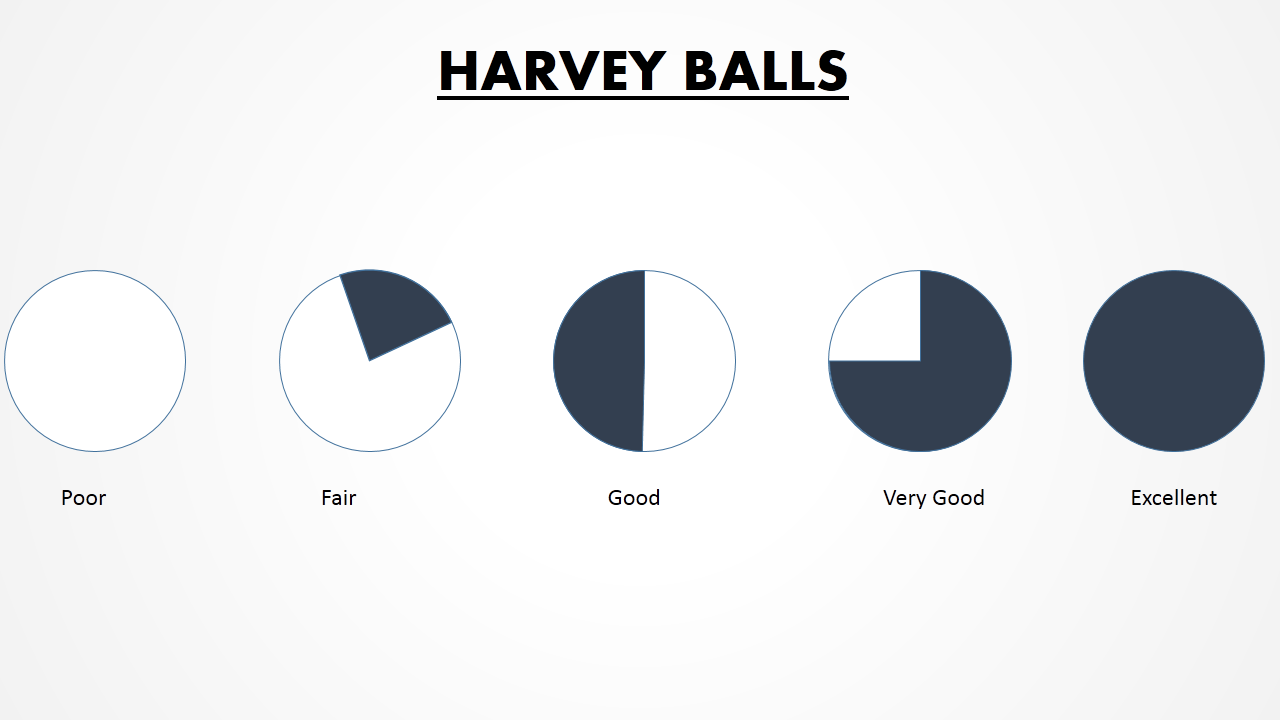Running a business is no easy task.
Small Businesses are especially challenging for entrepreneurs due to the intricate balance of responsibilities, limited resources, and constant decision-making.
To stand out, you need an effective strategy that can help you get the best results. One of these strategies is creating a company profile.
Company profiles introduce the company and all it is aspects.
The first impression is the last impression.
These profiles offer a company's personality by explaining its background, purpose, range of offerings, and notable accomplishments.
WHAT ARE THE BENEFITS OF COMPANY PROFILE?
A company profile has many uses:
Building a Company's Brand and Image: A well-written company profile aids in creating a dependable and credible brand image. It displays the brand's distinctive identity, including its messaging, color scheme, and logo, which helps to build a strong brand presence.
Marketing and Promotion: Company profiles are frequently used as marketing materials in advertising and promotion. This makes it easier for potential clients, investors, and business partners to understand what the organization offers.
Investor Relations: To assess a business's financial situation, performance, and future growth potential, investors frequently consult company profiles. The profile provides Critical financial information, including revenue, profit margins, and growth patterns.
Recruitment: Job seekers commonly read company profiles. Potential employees compatible with the company's ethos may be drawn to a well-presented profile.
Networking and Partnerships: Companies frequently share profiles to learn about one another's capabilities, values, and potential synergies.
Client Engagement: Giving prospective clients a thorough profile promotes honesty and fosters confidence.
Business development: A company profile highlights its credentials and experience while pursuing new possibilities, such as contracts, tenders, or projects, making it stand out among rivals.
Media and Public Relations: To compile information for articles, press releases, and interviews, journalists, bloggers, and media outlets consult corporate profiles.
Educational Purposes: Company profiles can be examples of real-world business principles, industry trends, and case studies in educational contexts.
Compliance and Documentation: As part of the compliance or licensing processes, several industries and regulatory agencies may demand that businesses keep their profiles up-to-date.
Creating such a profile for a small business is crucial as it can help build a solid online presence, inspire trust, and create new opportunities.
Some things should be kept in mind, though. Many times, there have been common reasons for small businesses to fail.
Failure is a stepping stone to success, right? Be mindful of the setbacks and learn from the experience.
So with these tips, you can learn how to navigate past mistakes and move toward the success of your Small Business!
CLICK HERE TO GET YOUR FREE PPT!
For the best PowerPoint presentations and more, visit us at SlideTeam or call us at +1-408-659-4170. We also offer customization services.
FAQs
- Why is creating a company profile important for small businesses?
- Creating a company profile is crucial for small businesses because it introduces the company's identity, offerings, and achievements. It helps establish a credible brand image, communicate values, and build trust among potential clients, investors, and partners.
- How does a well-written company profile contribute to branding?
- A well-crafted company profile aids in building a strong brand presence by showcasing the brand's unique identity, including messaging, colors, and logo. This contributes to a dependable and recognizable brand image that resonates with the target audience.
- Can a company profile impact investor relations and financial evaluations?
- Investors often refer to company profiles to assess a business's financial health, performance, and growth potential. Fundamental financial data, such as revenue, profit margins, and growth trends, presented in the profile help investors make informed decisions.
- What should small businesses be cautious about when creating a company profile?
- Small businesses should ensure that the information in the profile is accurate, consistent with the brand's identity, and up-to-date. Additionally, they should focus on highlighting their unique strengths and values to differentiate themselves from competitors.
- How can small businesses learn from failure and navigate setbacks?
- Small businesses should embrace setbacks as learning opportunities. By analyzing mistakes and identifying areas for improvement, they can adjust their strategies, make informed decisions, and move closer to achieving success.






 Customer Reviews
Customer Reviews




















